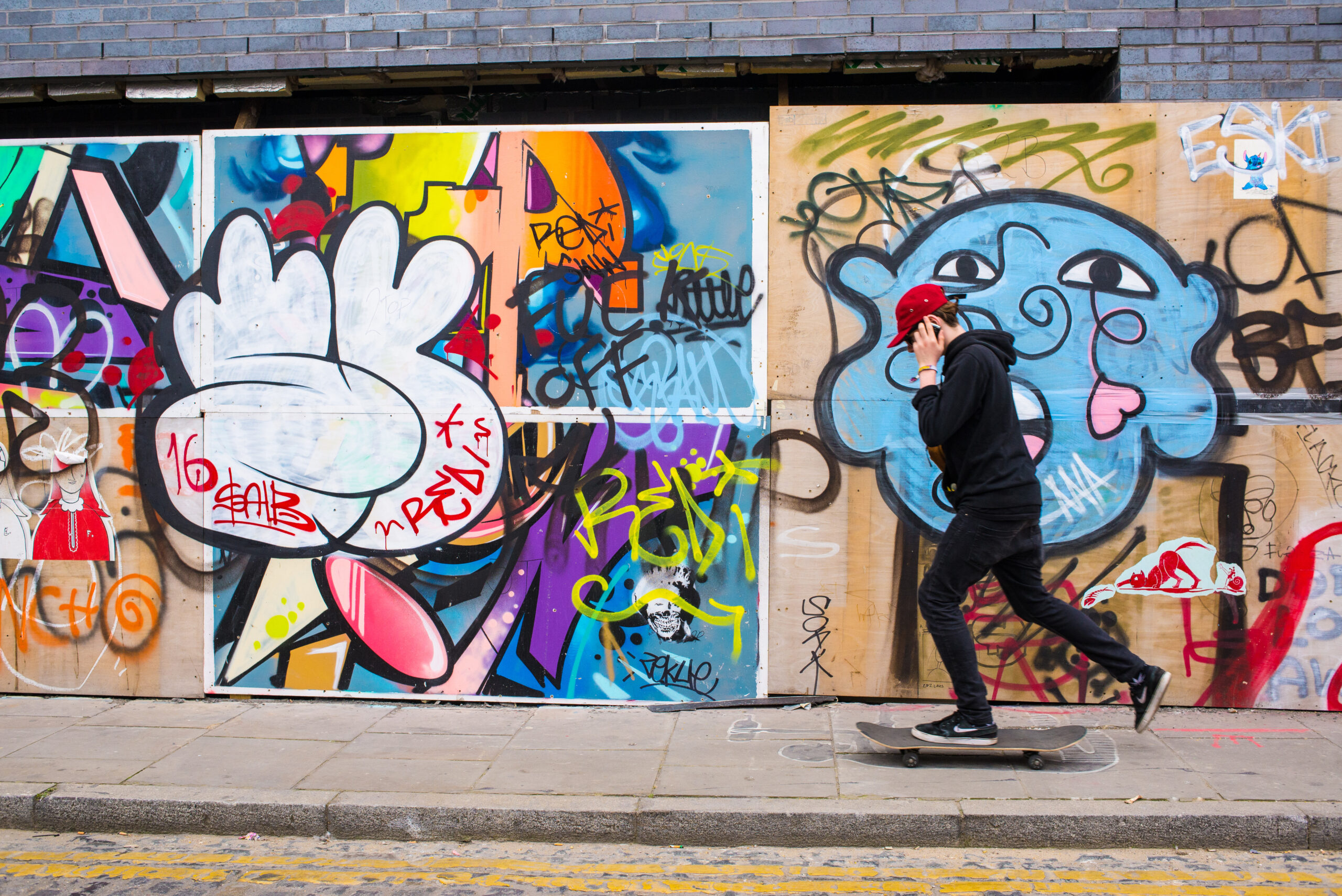
Media interviews: how to survive and thrive
Media interviews: how to survive and thrive
30 June, 2017
We can probably all recall several recent occasions where a bad media interview has become a story in itself. The large number of news pieces about a certain blonde-haired politician’s interview ‘disaster’ speaks volumes.
The internet and social media mean that whereas before a short interview that didn’t go as planned would have disappeared into the ether, now there’s a high chance there will be a widespread and permanent record.
There’s no doubt interviews can be pressurised situations, especially when live: being put on the spot to respond to a journalist’s questions can be daunting.
But, while you can’t control what questions you get asked, you can control how you deal with them.
A really useful technique to help manoeuvre around a tricky query is bridging. If you get asked a restrictive question, or one you don’t want to answer, you can move the conversation to where you want it to go by bridging. Start with a broad answer that acknowledges the question, but that also links to one of the key points you want to make throughout the interview. This doesn’t mean dodging the question entirely, or shoehorning in an unrelated answer, because the interviewer and audience will see this straight away.
The key is to address the point, but move on quickly.
It’s also important to remember that if a question is really unfair or unreasonable, you don’t have to answer it. You can politely point out this is the case, and return the conversation to what’s important.
So, unless you want to take Boris’s title of ‘worst interview ever’, try practising some bridging to make sure you can deal with tricky questions well.
There are more tips on surviving and thriving in media interviews in our free guide.
Have you got any great tips for dealing with tricky questions in media interviews? Share them with us on Twitter @amzpr.